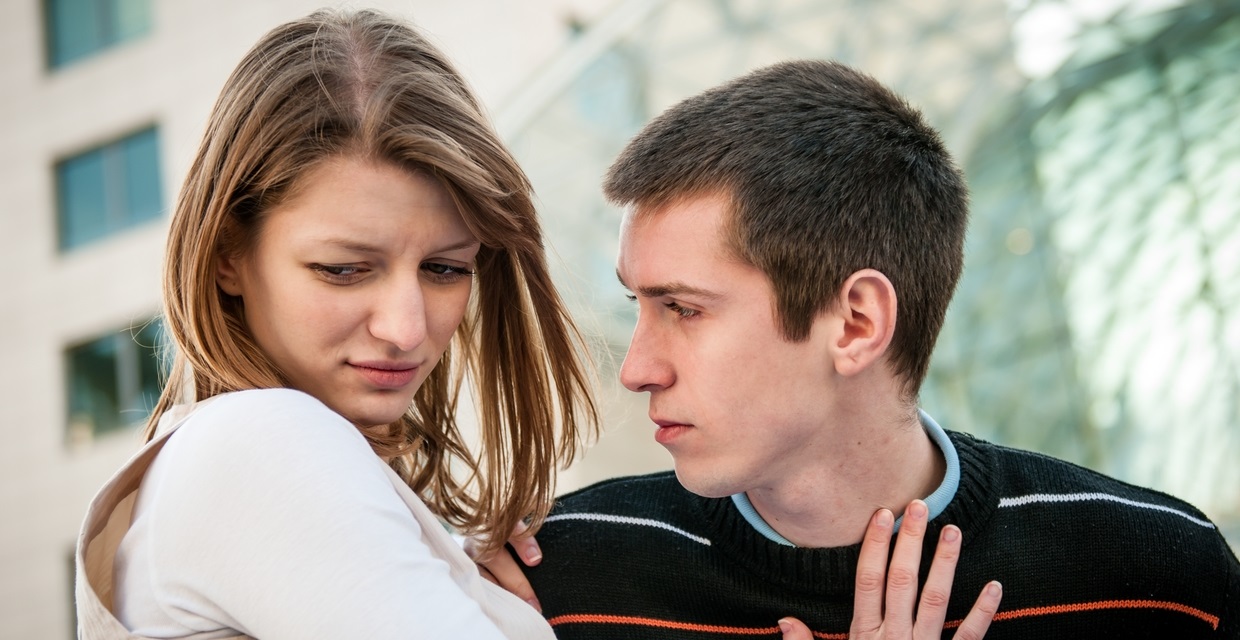Learning about healthy relationships early means less chance of domestic violence later on
- By DomesticShelters.org
We teach our children from a young age to be kind to one another. Hitting isn’t nice, calling someone names isn’t kind, and sharing is caring. These lessons shouldn’t end when kids leave the playground and become teenagers. Promoting nonviolent relationships can be a vital step to preventing domestic abuse in adulthood.
Juanito Vargas is the associate vice president of Safe Horizon, a New York domestic violence nonprofit and the largest victims’ services agency in the U.S. His organization works with youth to educate them about domestic violence, targeting teen survivors of child abuse and teens who have witnessed domestic violence in their own homes. He says much of the education is targeted at young boys, teaching them alternatives to violence.
“To be a man does not mean you have to be violent or bully someone else. The education starts early on in helping boys get a different understanding of what it means to be a male,” says Vargas.
The Department of Justice reports that women between the ages of 16 and 24 are at the greatest risk of becoming domestic violence victims. According to BreaktheCycle.org, violent relationships during adolescence put the survivors at higher risk for substance abuse, eating disorders, risky sexual behavior and further domestic violence. They say that one out of every three teens and young adults experiences some form of dating abuse. However, 81 percent of parents believe teen dating violence is not an issue, or admit that they don’t know if it’s an issue. According to LoveisRespect.org, a teen’s confusion about the law and their concerns about confidentiality are two of the most significant barriers stopping them from seeking help if they’re in an abusive relationship.
That’s why it’s important for parents to be aware of the relationships their children are in. Anna Marjavi, program manager with Futures Without Violence, a national nonprofit aimed at advocacy to end violence against women, says that parents should start having conversations with their teens as early as middle school about what healthy relationships look like.
“We know so many children date even younger now. There may be classroom curriculum about it [dating violence], but it’s great when parents can start the conversation.”
Marjavi says, if parents spot their teen experiencing what they think could be an unhealthy or even abusive relationship, they need to talk to the teen immediately and express “concern and unwavering love.
“Let them know, ‘I’m concerned about you and for these reasons, and these are things I’ve noticed.’ If they’re defensive or deny it, just let them know you’re there for them and they can always come to talk to you about this.”
Content retrieved from: https://www.domesticshelters.org/articles/children-and-domestic-violence/teaching-teens-about-dating-violence.

